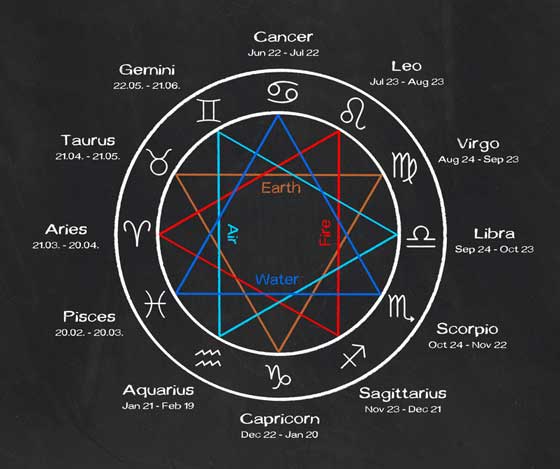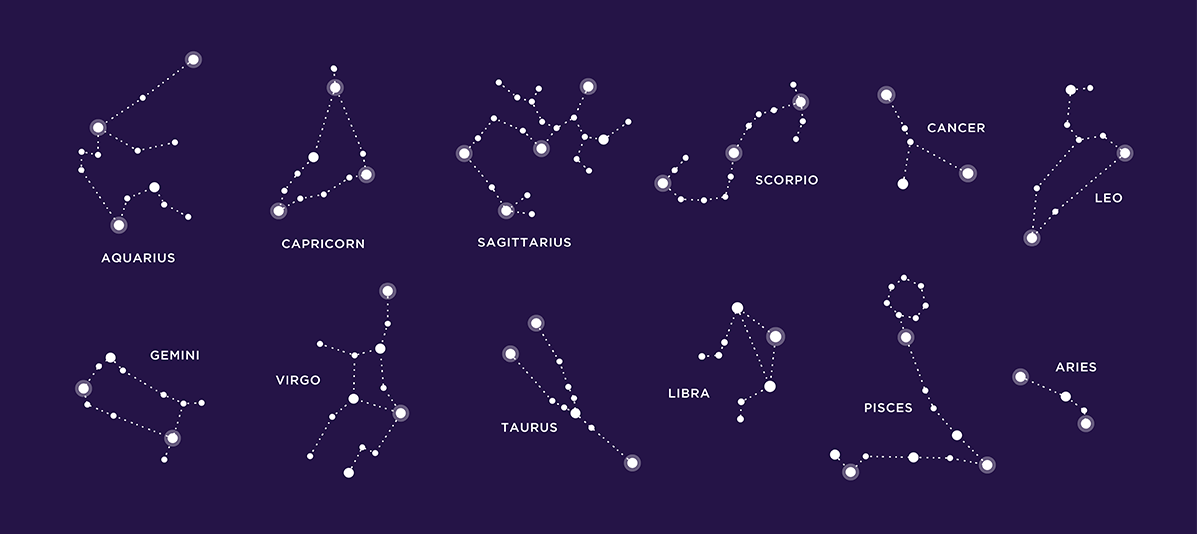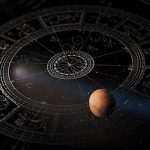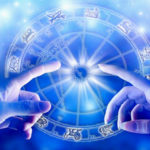Astral has two meanings, and one is the resemblance with the stars. The other is associated with the non-physical realm of existence within which the hidden knowledge, more quaintly associated through psychic, spiritual and paranormal connections, resides.
These two meanings might appear to be mutually exclusive. However, the core of astrology is the combination of the two. The sky is infinity; its mysteries are beyond physical comprehension.
As we are on the ground, the object within our perception is up to scale, and therefore, we can relate to it and comprehend its very intricacy. However, with the sky, comprehension can be tantamount to ignorance as its vastness can only have a spiritual meaning. This is how Astrology was birthed. It came into existence through the desire to understand its vastness and its effects on our human lives. While misrepresented as pseudo-science, its intricacies that are present is vast, and its origins can be traced back from 3000 BC.
Mesopotamia and Babylonians
While the Vedic Astrology is believed to be a lot older 4000 years old, it is Mesopotamia that started peeking into the vastness of space with spiritual perception. It began in early 3000 BC. It was the time when constellations were seen and categorised as they were. The Sky Watchers of Mesopotamia identified the five wandering stars and combined it with the sun and the moon. Together, they were the seven planets. The word planet also came from Greek spirituality meaning “Wanderers” in Greek.
Within the Mesopotamia, a civilisation grew and flourished, and the first philosophers of astronomy were born. They were the first astronomers that gifted us with the two most important measures of time: the minutes and the numbers. They derived it from the number system, and in their enthusiasm, they also established the first concept of Zodiac.
Zodiac refers to a system of constellations. The Babylonians had a realisation that the Zodiac through which the sun, the moon and other planets appear to move on their passage through the heavens, can act as a yardstick of time. However, for that to happen, it has to be divided into equal and recognisable segments. This was when they selected 12 different constellations. Many of these constellations were identified as animals. Later the Greeks arrived and provided a more suitable term to the Zodiac, the Zodiakos Kyklos (animal circle).
In ancient times, Astrology wasn’t seen as a pseudo-science because it was the Zodiac that acted as a common thread that connected astrologers and astronomers. For the astrologers, they looked at it through their spiritual perception, believing that it was their links with gods. As for the astronomers, they were interested in the positions of stars. Together, both the sciences melded and used Zodiac for many millennia to come.
The arrival of the Greeks into the astrology fold
Greeks took to astrology and astronomy starting from 6th Century BC. They, in turn, made significant contributions in both the fields. Through their scientific mindset, they took a peek into the skies and came up with insights of the heavens whose brilliance can only be understated. However, much of the later astronomers from Europe ignored it and observed the stars through the Ptolemaic (named after king Ptolemy, Cleopatra’s brother) system. This was the time when astronomy began to diverge from astrology. For even if the entire matter was as scientific as one can imagine, individuals were still not ready for it.
Astrology, on the other hand, found a new footing. Through astrology, the benefits of the vitality and range of Greek gods soon was observed. When linked with planets and constellations, the entire prospect of divinities was seen through a uniquely exciting eye. It was dramatic and exciting, and everyone began showing interest in it. As a result, the range of astrologers extended. While it started with merely aiding with the day to day affairs of the state, the predictions that it sought to make made a lasting impression on the men and women.
As you can imagine, predicting the future was not something considered wisely back then. And more or less, the Greek civilisation suffered as a result of it.

India and the Birth of Vedic Astrology
India’s history when it comes to Vedic astrology is believed to be more than six millennia old. However, if the evidence is to be considered, it came as early as 1000 BC. Bearing a Greek influence, it came into existence during the Hellenistic period. It is then that India started integrating the western version of the zodiac.
One can say that it all started with the Greeks. Just as it was happening in India, it started happening in Arabian countries as well. As the influx of forgotten Greek texts started to pour in, it was the golden age of the astrologers.
However, apprehensions and new knowledge brought in the age of reason and age of science. The appeal of this ancient art started to decline. However, one with the link to spirituality understands the virility of the movement of constellations, and therefore, in India, astrology persists as one of the most intricate and spiritual beliefs. The Indian culture is steeped in spirituality and astrology is an intrinsic part of it. There are no major decisions taken unless the signs say so, and no marriages come into fruition unless proper horoscopes (Janam patri) are drawn up.
However, Jothishi believes that astrology, as innately powerful as it is, can be addicting. Therefore, our experts are geared towards ensuring that you move through life with a spiritual connection where your actions are a consequence of your own choices.
That being said, the Greek astrology culture resonated through the entire globe and countries like China, Iran, India, and many other’s foundations were laid upon through astrology.
To understand the philosophy of astrology, and Jothishi, one must strive to look upon its impact on other cultures as well.














